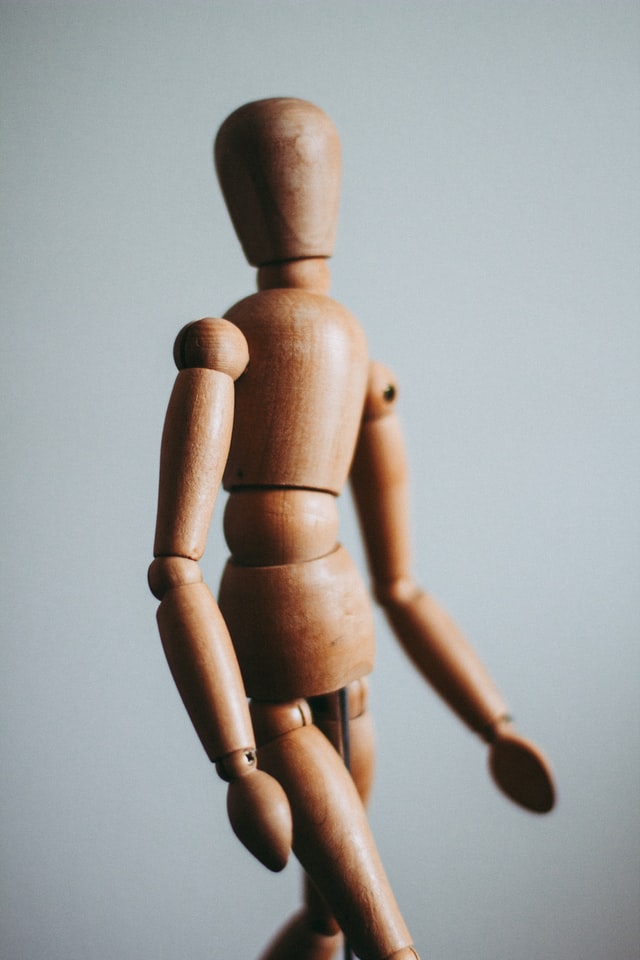What does anxiety feel like? The following is a guide to anxiety symptoms, and how to recognise them. Anxiety is a highly
subjective experience furthermore you may experience different symptoms and a different level of intensity. There are four main ways that anxiety is expressed. It can be physical, behavioural, emotional or cognitive. Sometimes its a single expression, like a feeling in the body or an unrelenting stream of thoughts. In addition anxiety can also be experienced as combination or a succession. Anxiety can also happen as an attack. An anxiety or panic attack is an experience of extreme overwhelm, in general its an over or under arousal of the nervous system and has many expressions. They are very serious, frightening and often debilitating for those who have have them.
Occasional anxiety is normal and necessary. It is a stress response designed to keep us safe from attack and alert to danger. Anxiety helps us respond quickly and effectively to threats. But regular persistent anxiety is painful and limiting to live with. Our modern lives provide triggers to anxiety that are often invisible and complex. This makes it hard for our bodies to regulate and relax. And even harder for our minds to rationalise and process. Often our anxiety is a reaction to the combination of pressures we face everyday, such as work, relationships and finances. An accumulative burden that can lead to burn out of even the highest functioning individuals.
Anxiety like depression can be a stress response to a traumatic event and lived experience. Working towards
understanding your anxiety is the first step in managing it. The following checklists are designed to help you understand the different aspects of anxiety. Starting with what does anxiety feel like in the body.
You can experience bodily symptoms like:
- Heart pounding or racing.
- Shortness of breath or hyperventilating.
- Fingers or limbs feel cold or clammy.
- Feeling a lump in your throat or difficulty swallowing.
- Feeling sick in the stomach, having nausea or diarrhea.
- Shaking, trembling, numb or tingling sensations.
- Tightness in the chest.
- Pressure in the head.
- Hot flashes in the body.
- Feeling dizzy or
- faint
- Sweating a lot, sweaty palms.
- Difficulty talking.
- Sensation of choking or being smothered.
- feeling on edge or irritable.
Have you or do you experience behaviours associated with anxiety?
- Avoidance of particular situations because they bring on anxiety?
- Become agitated for no apparent reason?
- Use alcohol or drugs to calm your nerves?
- Limit your daily activities to reduce your overall level of anxiety, for example spending more time at home.
- Becoming overly attached or dependent on a person or object for safety.
Have you or do you experience any of theses emotional and cognitive symptoms associated
with anxiety?
- Worrying all the time.
- Thinking you are about to lose control.
- Feeling a sense of dread, thinking that something terrible is going to happen with no apparent cause.
- Fear or terror.
- Jumpiness and edginess.
- Nervousness.
- Panic.
- Feeling overwhelmed.
- Feeling distressed.
If you or someone you care about is experiencing persistent and intrusive anxiety it may be time to speak with a professional counsellor. Identifying and treating anxiety is now easy and effective with counselling. It is no longer something we need to be a slave to. Continue reading my articles on managing anxiety symptoms here. For any further questions you may have
contact me here or
read my about page






